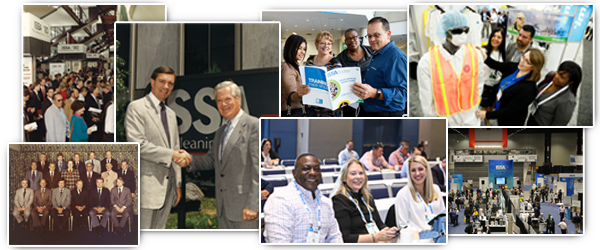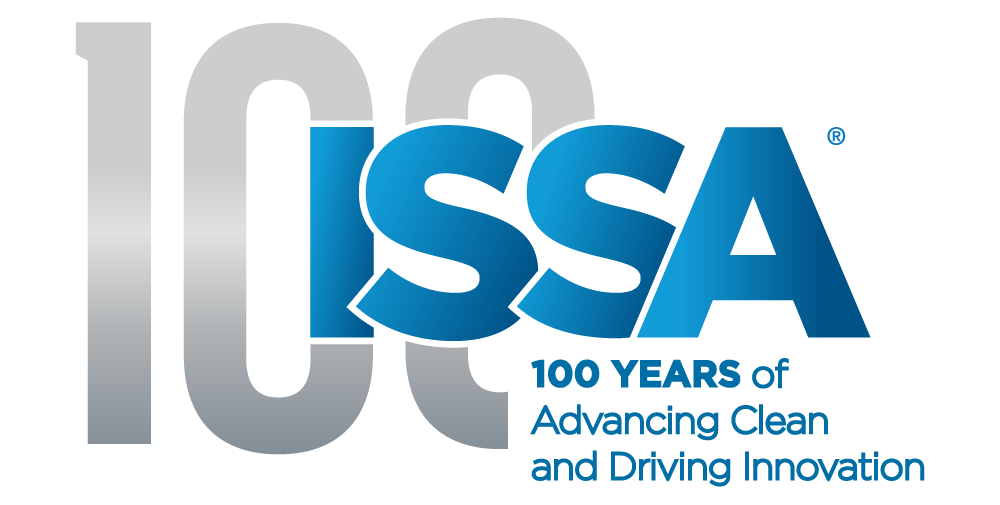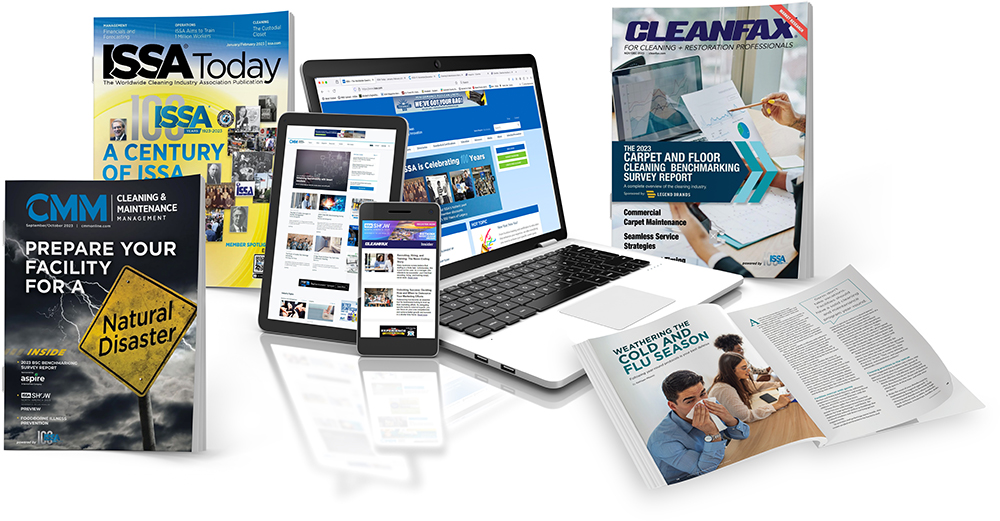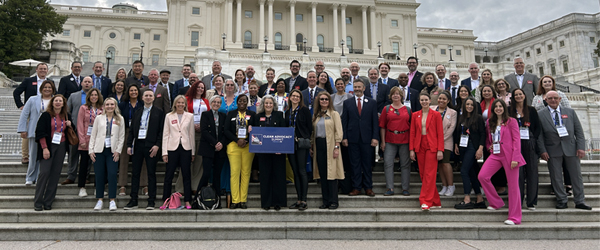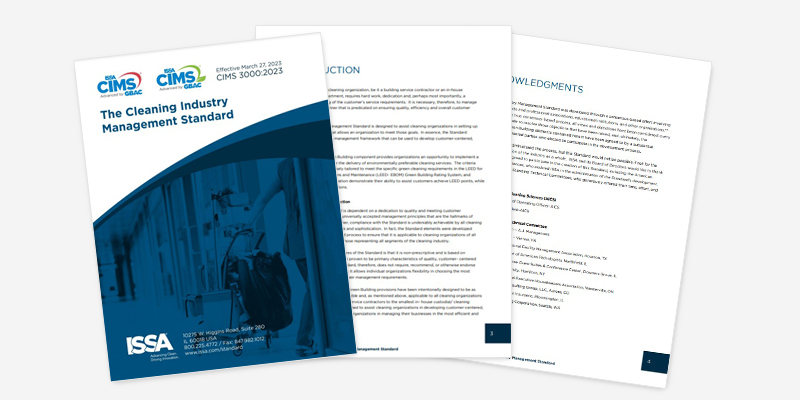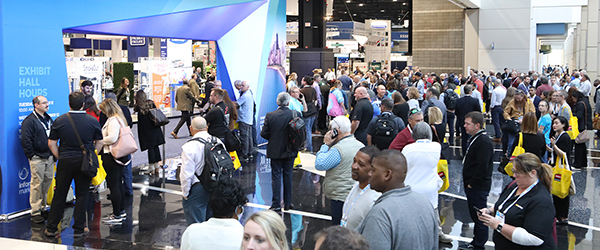Businesses Find Exceptional Cleaning Staff in Employees with Disabilities
“I need 10 Beths.” That’s what Trent Thomas, a supervisor of three custodial crews at the Little Rock, Arkansas Federal Building, said of his star employee, janitor Elizabeth “Beth” Cole-Pope. Beth happens to be both deaf and blind.
“Beth is fantastic. I watch her clean, and her method is amazing,” he said.
It is so amazing that Thomas is training other custodians to use Cole-Pope’s technique of cleaning surfaces by feeling her way along every square inch. “She cleans everything because she touches everything,” Thomas explained.
An untapped labor source
With labor shortages and high turnover impacting the cleaning industry, businesses are finding that people with disabilities represent an under-tapped labor force and a high-quality one at that.
Custodial and environmental service managers throughout the country find that people with disabilities make exceptional employees.
A joy to work with
Brad Naucler, general manager at Legacy Resort and Spa in San Diego, raves about Ben Godown, a custodian with a developmental disability. “He’s an absolute joy to work with,” Naucler acknowledged. “He’s one of our most conscientious employees and has a very strong work ethic. He has an exceptional eye for detail and will always do a fantastic job for us.”
It’s not just the quality of the work that sets Godown apart, but his attitude and personality. “As you can imagine, in the hospitality industry, we need to smile, be very welcoming, and always be on stage,” Naucler said. “Ben is the perfect example of that and sets the standard for our other associates to follow.”
Productive employees
At Red Hawk Resort and Casino, located east of Sacramento, California, a team of custodians with disabilities help keep the casino floor, gaming machines, and restrooms spotless. “They take care of making us look good in all areas,” said Matthew Montano, HR manager at the resort.
Red Hawk’s environmental services manager Roxanna Carlson agreed. “Our experience hiring people with disabilities has been great,” she stated. “They are some of our most productive employees.”
One characteristic of employees with disabilities across industries is lower absenteeism and turnover. “We have had very good attendance and retention,” Carlson added. “They have been incredibly dependable.”
Company loyalty
A few reasons arise as to why people with disabilities often make productive and loyal employees.
First, they want to work. “These employees want to be here,” Carlson said. “They want to work. They want to do a good job, have great attitudes, and give it their all.”
Another reason people with disabilities make great employees is loyalty to organizations that give them a chance. More than 20 million working-age people in the United States live with disabilities, and only about 35% are employed. Many have been overlooked or rejected by employers simply because they have a disability.
That describes Cole-Pope in Little Rock. “I searched and searched for a job for a very long time,” Cole-Pople explained through an interpreter. She even went back to school to make herself more employable. “After I got a college degree, I still searched for jobs, but I couldn’t find any,” she said.
Cole-Pope eventually found her current job through PRIDE Industries, which was awarded a contract to clean the Little Rock Federal Building in Arkansas and other facilities through SourceAmerica and the AbilityOne® Program, organizations dedicated to delivering high-quality products and services to federal agencies while fostering quality employment opportunities for people with disabilities through federal contracts.
“I’m just so happy to be working,” Cole-Pope said. “I do good work, and I want to be better. And I want to help the businesses I work for to do better.”
No wonder Cole-Pope’s manager wants 10 more employees just like her.
Business benefits
Across industries, studies have shown business benefit employing people with disabilities. A 2018 Accenture study of “disability champions,” companies that actively employ and support people with disabilities found that these companies enjoy 28% more revenue, twice the net income, and 30% more economic profit.
A 2023 update from Accenture found that “the business case for hiring persons with disabilities has become even stronger.” Disability champions reported 1.6 times more revenue, 2.6 times more net income, and twice the economic profit.
Don’t miss out
October is National Disability Employment Awareness Month and a wonderful time for businesses of all kinds to consider engaging this exceptional workforce.
Businesses that don’t consider hiring people with disabilities are only hurting themselves, claimed Carlson of Red Hawk Casino and Resort. “I think that if you don’t even take the opportunity to try to see if somebody would fit in with your group, then you’re missing out,” he said.
“Give them the opportunity to show you what they can do,” Thomas of Little Rock urged. “Don’t limit them with your own preconceived notions.”
Darelyn Pazdel is vice president of Workforce Inclusion at PRIDE Industries, the nation’s leading employer of disabilities and provider of integrated facilities management services nationwide with an inclusive workforce.



